10 classic sci-fi books to read
Categories: Book | People | Science | Society | World
By Vika https://pictolic.com/article/10-classic-sci-fi-books-to-read.htmlThe controversy over the best science fiction books remains the subject of controversy. But there are books every science fiction fanatic should read, no matter how “mainstream” or “far-fetched” it's ideas or plot points may seem.
10 PHOTOS

1. Dune.
The history of a desert planet, prized for its precious spices, has continued to serve as a gateway to cutting-edge science fiction novels since its publication in 1965. When the noble family of Atreides is tasked with controlling the planet, Arrakis, most family members do not understand this as a conspiracy to undermine the clan's power. Author Frank Herbert continued the saga with several more novels (other authors wrote more). However, this is the first novel to become one of the most beloved science fiction works of all time. After publication, Dune won the Hugo and Nebula awards. Since then, her status has only grown: millions of copies sold, cult classic film adaptations, and comparisons with monumental works in other genres, such as The Lord of the Rings.
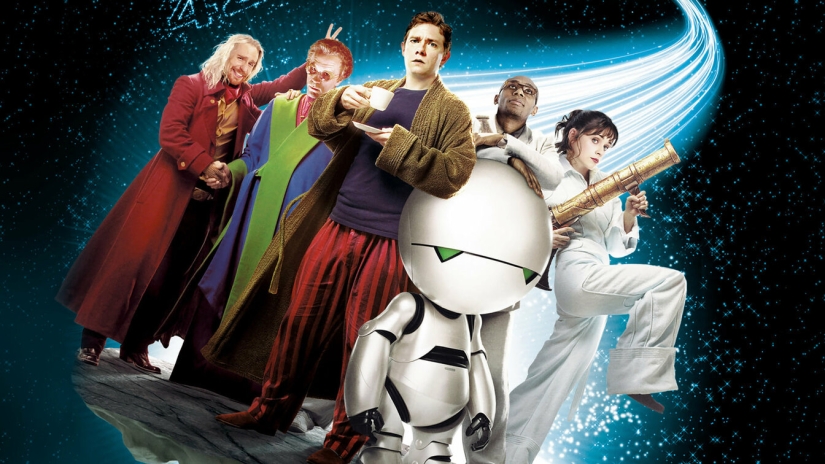
2. The Hitchhiker's Guide to the Galaxy.
Douglas Adams' best-selling novel actually began life as a radio show in the UK. In this intergalactic comic adventure, Earth is destroyed and its protagonist is immersed in a world of curious alien cultures.
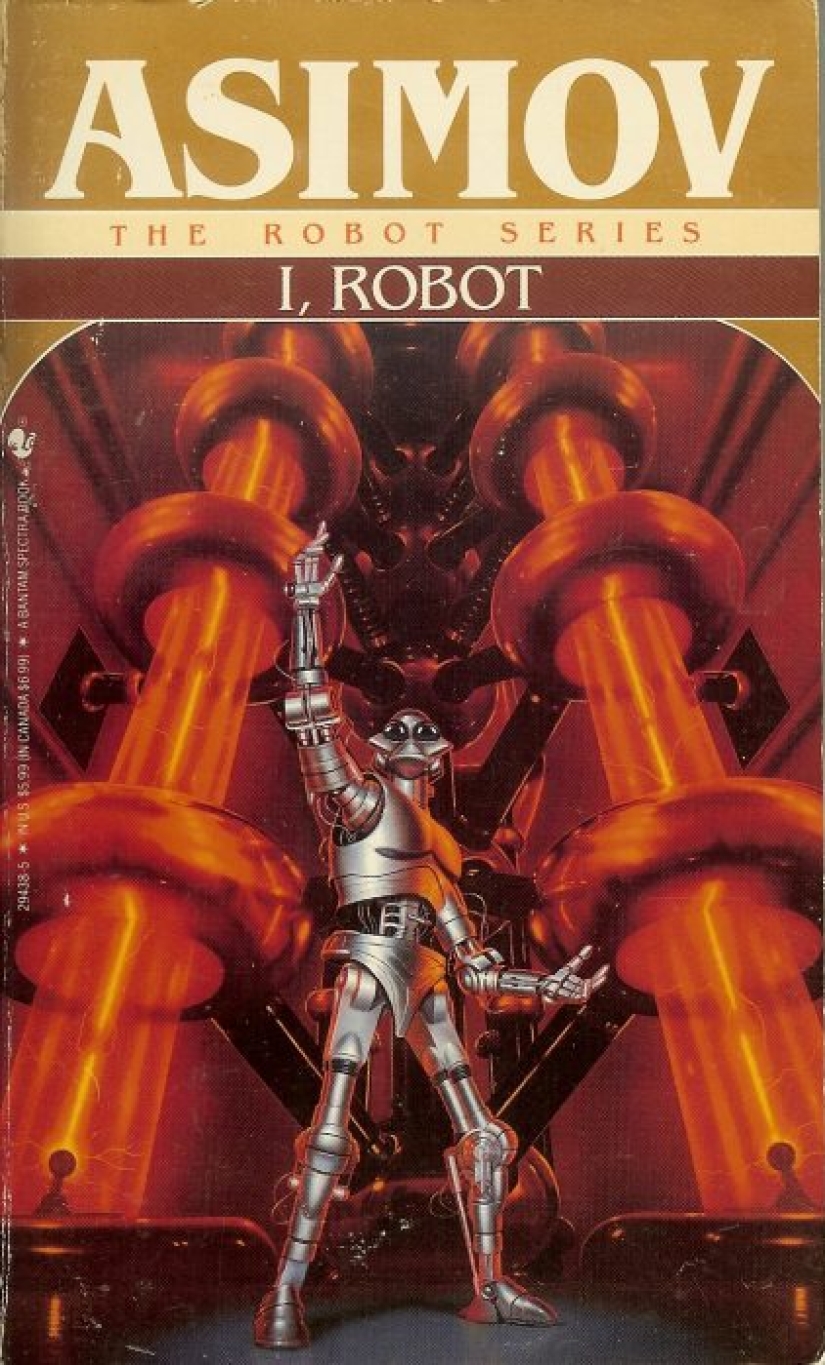
3. I am a robot.
Isaac Asimov's name is synonymous with science fiction, and I Am Robot may be his greatest achievement. The collection of interrelated stories about robotics has inspired countless authors, artists, and filmmakers since its publication in 1950. Don't be fooled by the 2004 film adaptation, which reimagines the books like an action movie.
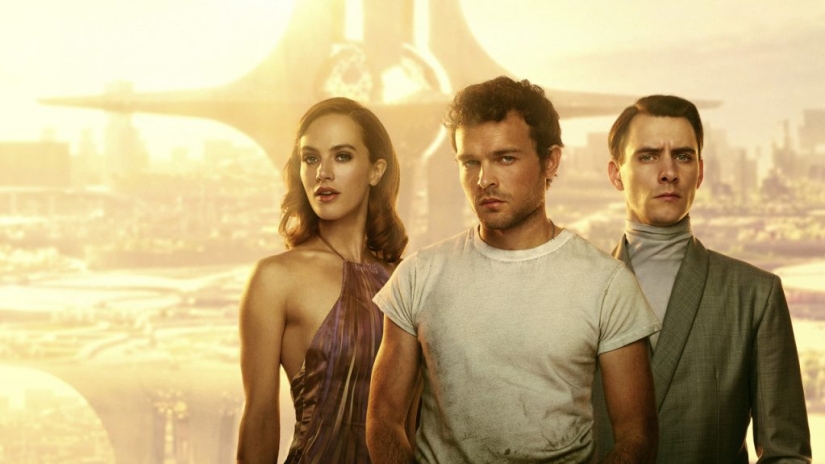
4. Brave New World.
Brave New World is often compared to George Orwell's 1984. This is an apt comparison, given that Orwell cites Brave New World as a source of inspiration. While both explore the dystopian societies of the future, Aldous Huxley's book is of much more interest to science fiction enthusiasts. The world that Huxley creates weaves together human engineering, class commentary, and drug use in a vision of a future society that seems both alien and frighteningly realistic. But because it relies on scientific theory, Brave New World also uses traditional literary techniques to tell two stories: the new world as it appears and operates, and how it affects its citizens on a personal level. Brave New World ranks high on lists of not only the greatest science fiction novels but also the greatest novels of any genre.
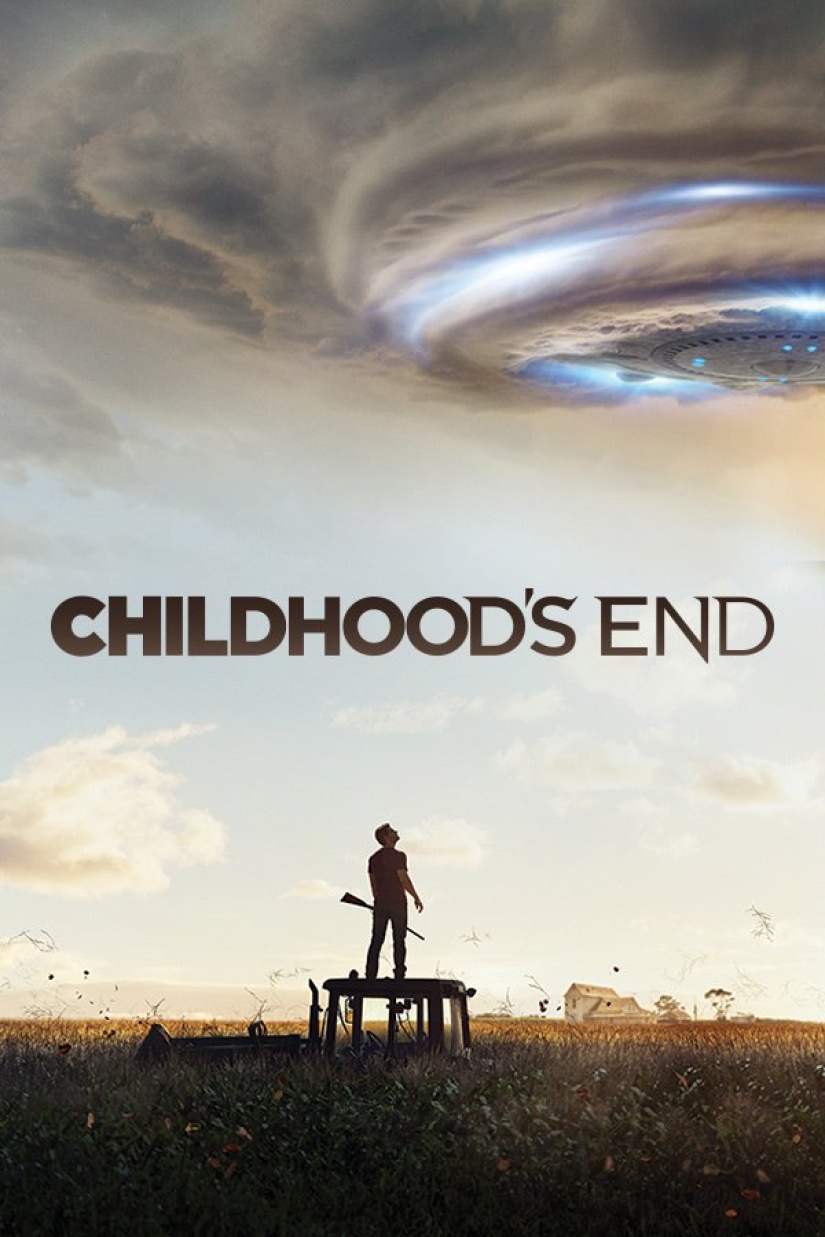
5. The end of childhood.
Anyone with a passion for this genre knows Arthur Clarke as one of the most thoughtful and flamboyant authors of science fiction. 2001: A Space Odyssey is perhaps his most famous work, but Childhood's End is the most important. The alien invasion puts an end to one stage of human development and then begins the next. Overflowing with philosophy and existential questions, Clarke shows science fiction fans that there is more to the genre than just speculation about what technology might look like in the future. Rather than just imagining how technology will change, Childhood's End explores how evolution will change humanity.
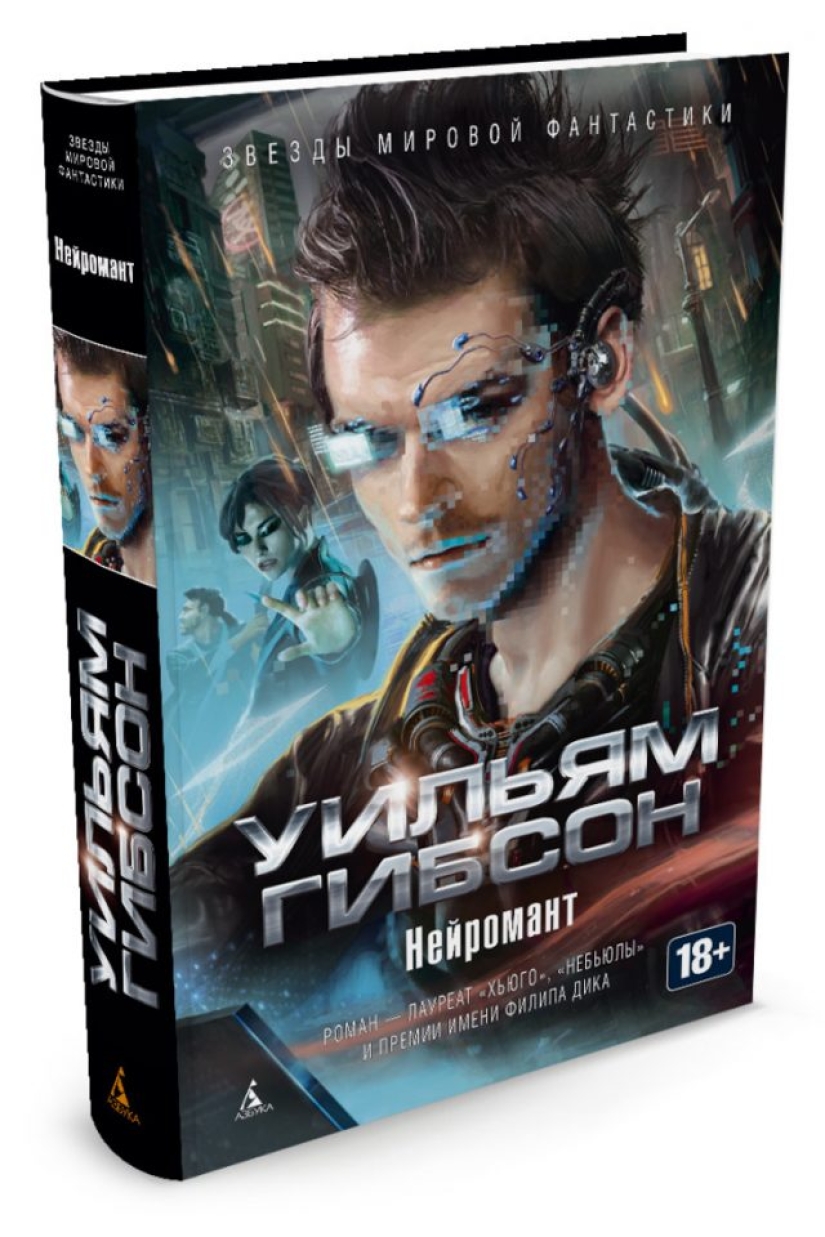
6. Neuromancer.
The advent of computer technology and the Internet has ushered in a new era of science fiction, and no work in this direction is more important than Neuromancer. When an unfortunate hacker gets an order to search for an orbital ship belonging to a nefarious corporation, he launches a gripping tale of street samurai and cyber chases.
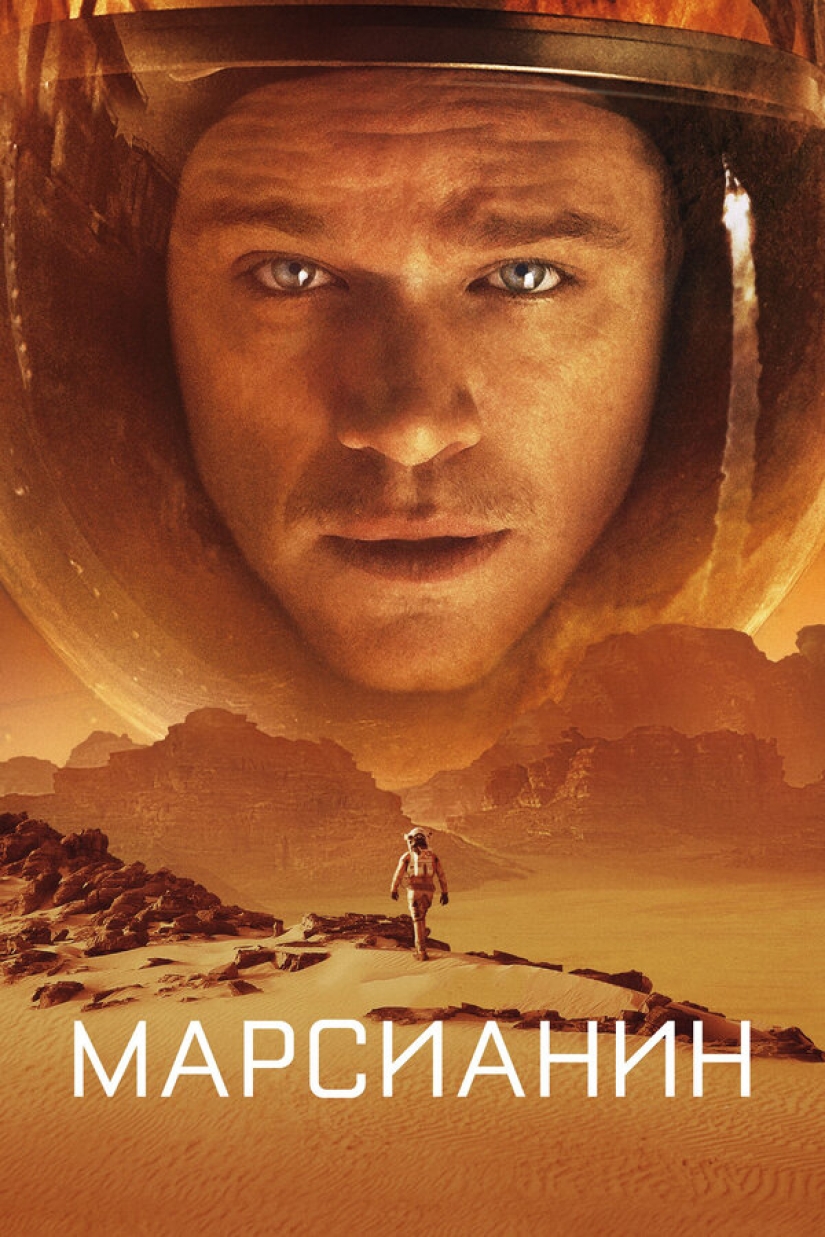
7. The Martian.
Like many Oscar contenders, Matt Damon's blockbuster of the same name did not appear out of anywhere. Andy Weir's novel became an internet sensation when he started publishing it online in 2011. The story of a lone scientist surviving on a desolate red planet has captured the imagination of a new generation of science fiction fans with its humor and believable use of real science and compelling episodes that emphasize the narrative.
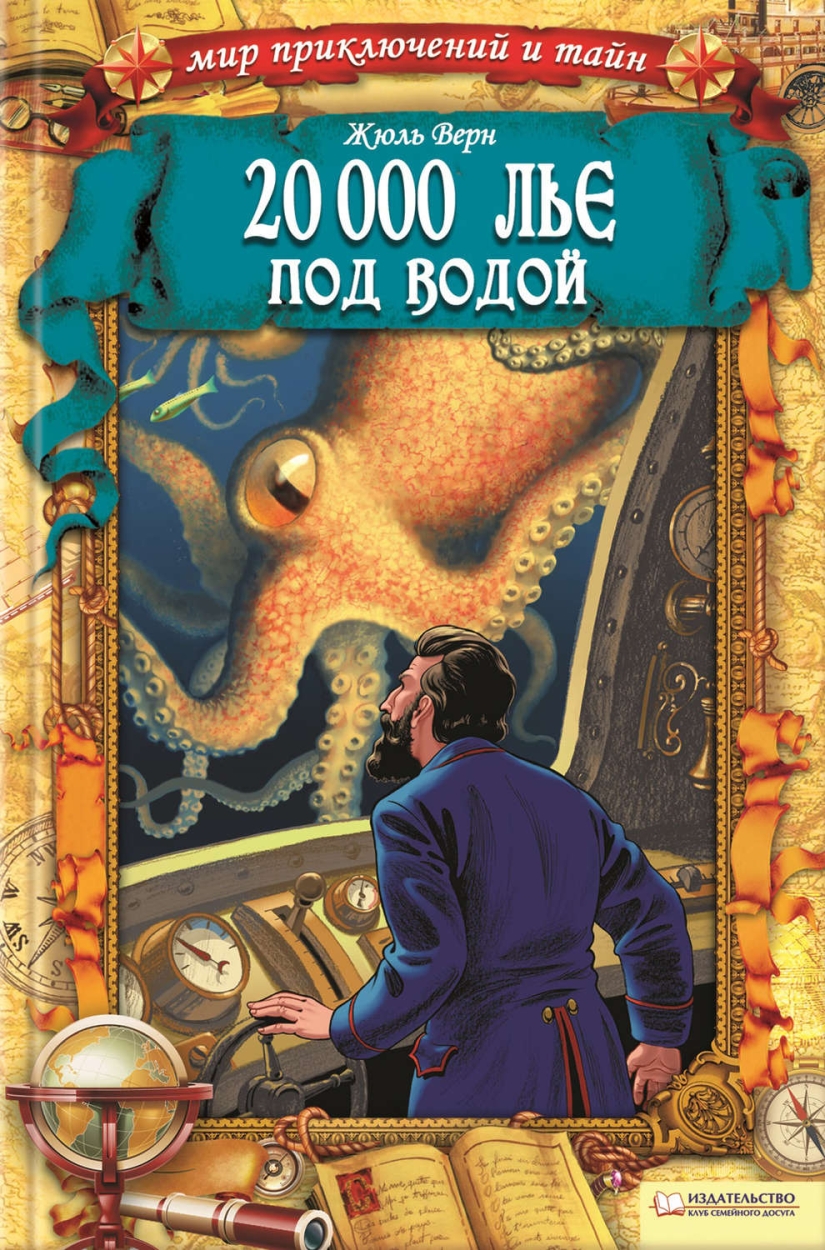
9.20,000 leagues under the sea.
Sometimes science fiction is so ahead of its time that the story later seems trivial. In the modern world, submarines are by no means something outstanding. However, when Jules Verne wrote 20,000 Leagues Under the Sea in 1870, the submarine was still seen as a new technology that predated electricity and the telephone. As the submarines remained mysterious to the public, Verne took advantage of this mystery and built the truly terrifying ship, the Nautilus, under the guidance of the infamous Nemo. This tale may sound a little weird to some science-fiction purists, but it still remains a fundamental piece of science fiction canon.
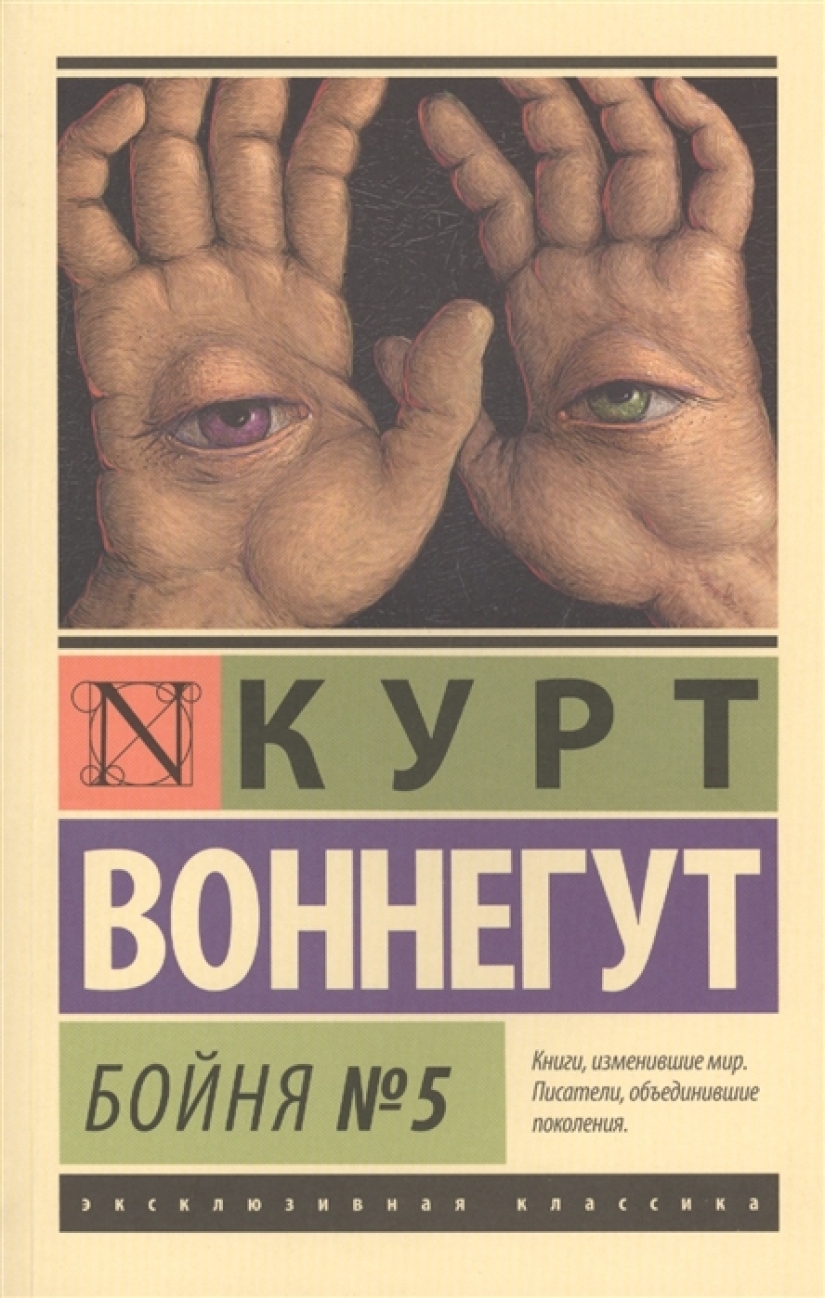
10. Slaughterhouse number five, or the Children's Crusade.
In his most famous novel, Slaughterhouse 5, Vonnegut writes the story of Billy Pilgrim, a man who was "not stuck in time." Along the way, Pilgrim survives World War II, corresponds with a science fiction writer, and meets an alien civilization.
Keywords: Sci-fi books | Classic | Science | World | Fiction | Books | Reading | Ideas
Post News ArticleRecent articles

It's high time to admit that this whole hipster idea has gone too far. The concept has become so popular that even restaurants have ...

There is a perception that people only use 10% of their brain potential. But the heroes of our review, apparently, found a way to ...
Related articles

Have you heard of such a phenomenon as the doorway effect? Let's put it simply: have you ever walked into a room and immediately ...

The question of what space smells like may not be considered topical, but, you must agree, it would be interesting to find out. It ...

One night in 1971, in the American city of Cleveland, Ohio, a historic event occurred. Lying on the surgical table, the small, ...

New Year's is a time to surprise and delight loved ones not only with gifts but also with a unique presentation of the holiday ...